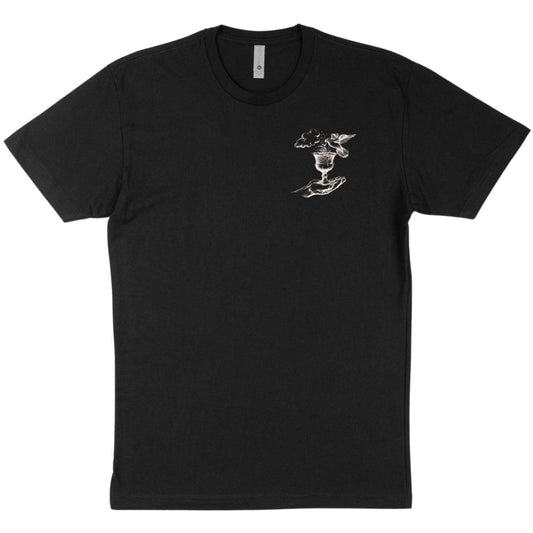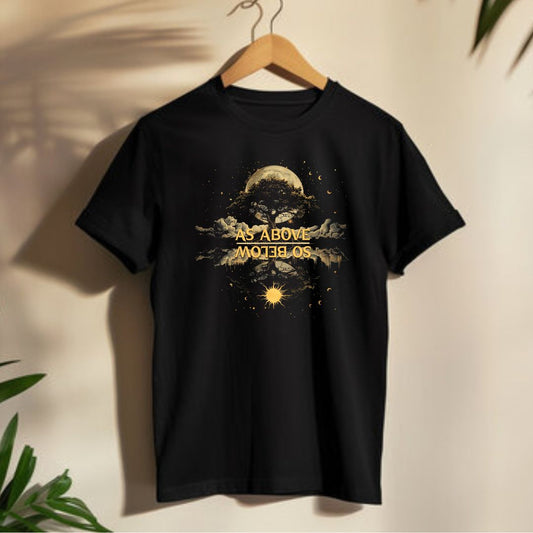-
7 sisters of the pleiades Sweatshirt | Premium Soft Sweater
Regular price $61.00 USDRegular priceUnit price / per$73.00 USDSale price $61.00 USDSale -
Ace of Cups Research Support | Tarot Consciousness Studies
Regular price $31.00 USDRegular priceUnit price / per$37.00 USDSale price $31.00 USDSale -
Archai Research Support | Time Spirits & Spiritual Hierarchy Studies
Regular price $34.00 USDRegular priceUnit price / per$41.00 USDSale price $34.00 USDSale -
Hermetic Consciousness Research Support | As Above So Below Studies
Regular price $31.00 USDRegular priceUnit price / per$37.00 USDSale price $31.00 USDSale -
Le Mystère des Cathédrales Sweatshirt
Regular price $64.00 USDRegular priceUnit price / per$77.00 USDSale price $64.00 USDSale -
Pleiadian Sweatshirt | Premium Soft Cotton Sweater
Regular price $61.00 USDRegular priceUnit price / per$73.00 USDSale price $61.00 USDSale -
Star Tarot Research Support | Arcana Consciousness Studies
Regular price $46.00 USDRegular priceUnit price / per$55.00 USDSale price $46.00 USDSale -
 Sale
SaleTeam Dynamis Tshirt
Regular price $34.00 USDRegular priceUnit price / per$41.00 USDSale price $34.00 USDSale -
Transcendentals Sweatshirt | Premium Soft Sweatshirt
Regular price $61.00 USDRegular priceUnit price / per$73.00 USDSale price $61.00 USDSale
Collection: Support Astrology & Divination Research...
Astrology and Divination | Transform Your Consciousness Through Sacred Vestments
Align yourself with the rhythms of the heavens through our conscious clothing collection
Divination: The Art of Cosmic Connection
Just as the diviner seeks meaning through observation of nature and phenomena, our collection helps you embody these cosmic forces. Each piece is created with the understanding that clothing can serve as a bridge between the physical and astral realms, helping align your consciousness with the divine rhythms of the planets and stars.
Astrology and Divination: Wear the Wisdom of the Ages
Mystic T-Shirts
Each shirt features sacred art inspired by astrological signs and interpretive divination symbols. From Aquarius to the sacrificial altar, these designs incorporate exact observation of celestial phenomena.
Cosmic Sweaters
Wrap yourself in the wisdom of the heavens with designs inspired by astronomy and the art of inductive divination. Each piece reflects the possible star alignment and cosmic space.
Celestial Joggers
Move in harmony with the celestial clock. Our joggers feature designs inspired by astrological charts and intuitive techniques used in body divination and dream interpretation.
Mystery Jackets
Our jackets incorporate symbols from tortoise shell divination and scapulimancy—divination practices that connect the diviners to spirits through ritual query.
The Sacred Science of Vestments
Just as Mayan astronomers studied the moon and planets through scientific astronomy, our clothing serves as a medium for connecting with these higher forces. Each design incorporates verses and reflections from ancient scripture, bridging occult wisdom with modern fashion.
The Art of Interpretation
Our designs incorporate various interpretations of fortune-telling and psychic phenomena, created with impressive erudition and attention to meaning. Each piece serves as a tool for intuitive divination, helping align your mind with the greater mysteries.
Sacred Observations
Like the professional diviner—and their astral observation techniques for foretelling future events, our clothing helps you connect with the intuitive arts. Each piece features elaborations on nature's most profound and sometimes horrifying—qualities.
Mystic Readings Through Sacred Vestments
In the sky above, the stars—all serve as portents and signs for those with the intuition to read them. Our collection helps you align with these forces through interpretive design. Whether you're drawn to the sciences of divination or the art of portent interpretation, each piece serves as a personal altar to the mysteries of the heavens.









